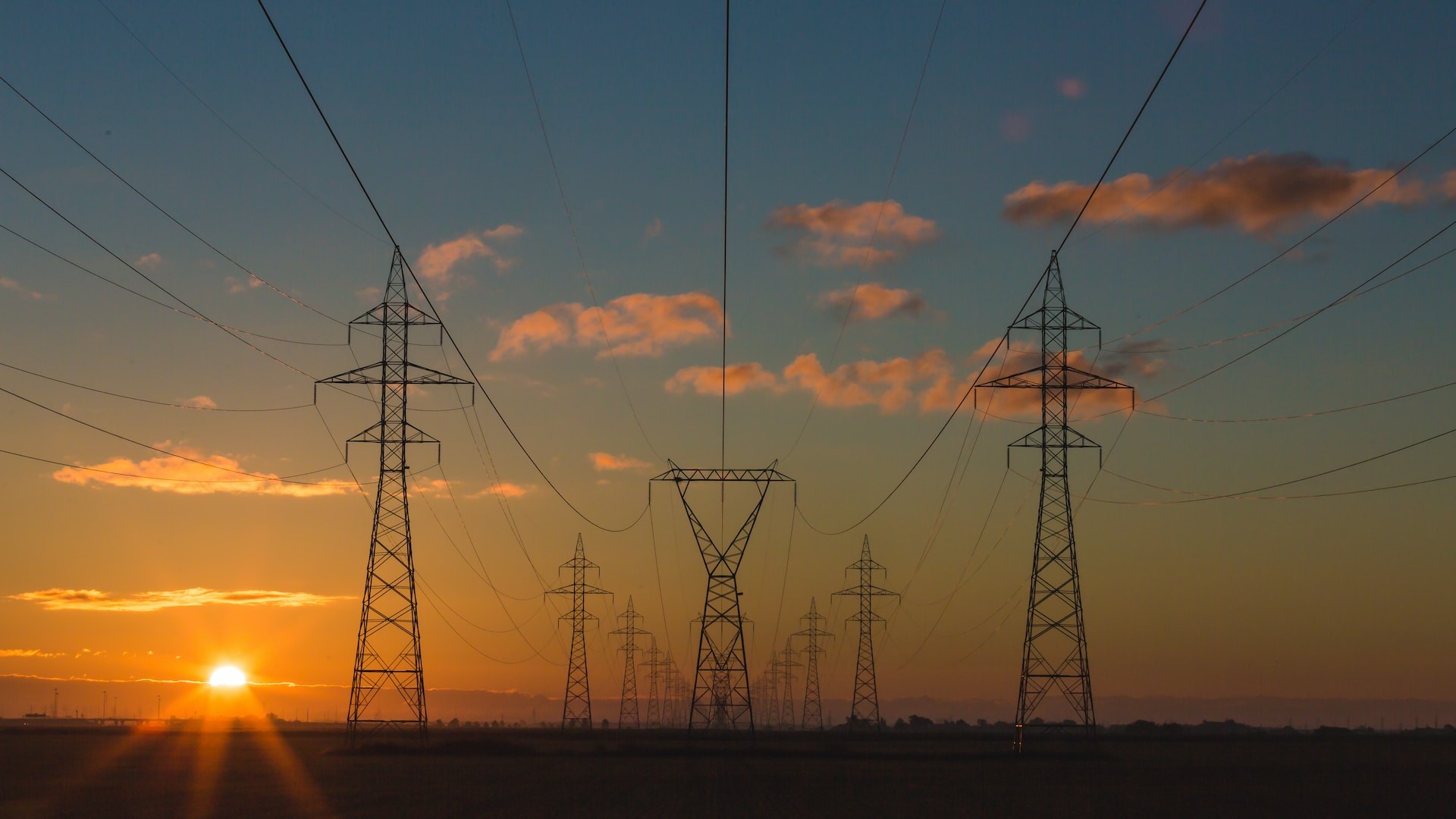“May you live in times” is apparently a western, faux-Chinese expression but to my mind makes it only more apposite, in an ironic sort of way; for the times they are certainly interesting. Events over the last few months have thrown the energy trilemma into a relief sharper than ever. The hattrick of inter-related issues has of course been growing in severity for a long time, but the invasion of Ukraine seems to have upped the ante very rapidly.
What the situation has really reminded us of is the importance of energy security and the financial costs. I was surprised to learn that one third of our diesel comes – rather came – from Russia; in the UK we’ve seen petrol and diesel shoot up by 40 or 50% after the invasion; this comes on top of the increase in retail electricity and gas thanks to the raising of the tariff caps coming into effect on the 1st April (but announced back in February and presumably planned even further back. The bulk of this increase is due to increased wholesale costs. While this has been linked to a lag in supply increase as economies recover from the pandemic, this seems to be a simplistic analysis.
The conflict has also reinvigorated tensions over Nord Stream 2, the gas pipeline from Russia to Germany, and thence to the rest of western Europe. One of the motivations for the line was Germany’s decision to close down its nuclear power stations in the aftermath of Fukushima.
Despite what you might infer from the lack of coverage, thousands of activists continue to undertake actions by Extinction Rebellion, Insulate Britain and other banners, to draw attention to the climate emergency.
This short pen portrait doesn’t even scratch the surface of the myriad, interconnected issues influencing our energy supply, none the less we must ask ourselves what should we do about it? How can we meaningfully address climate change, energy security and fuel poverty?
The right wing in the UK would have us frack our way out of the problem, which certainly wouldn’t mitigate climate change, and may or may not reduce prices. I would be surprised if the price of petrol and diesel reduces to pre-invasion levels in the future, after the public have adapted to the increased price, and the same applies to gas; why would producers sell the resource they know full well to be finite at less than we have shown we will pay?
Boris Johnson has announced plans for up to 8 new “home grown” nuclear power stations, which might be relatively low carbon but come with a host of other issues, least of all it will take 30 years to bring them online. And the “homegrown” slogan is laughable even by his standards – we have no uranium for one thing, and for another Hinkley C is funded by China and being built by France.
There is of course another way, and given the publication you’ve probably been wondering when I’ll get around to the punchline – simply using a lot less energy can of course address all of these matters in one fell swoop, with a raft of co-benefits to boot. What I can’t understand is why energy efficiency is always the bridesmaid and never the bride. It’s not the only thing we need to do of course, but why is it that this issue has consistently failed to capture the public and political imagination? Is it obscure but powerful vested interests opposing any ideas about less consumption of anything? Or a banal vanity that means we crave the shiny new high tech silver bullet? Is it that a nice big infrastructure project is just a lot simpler both to sell and to deliver than 25 million retrofits and actually taking on Big Housing over newbuild standards?





